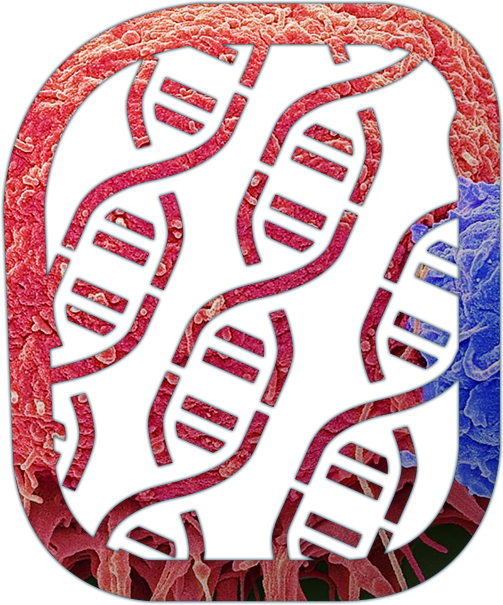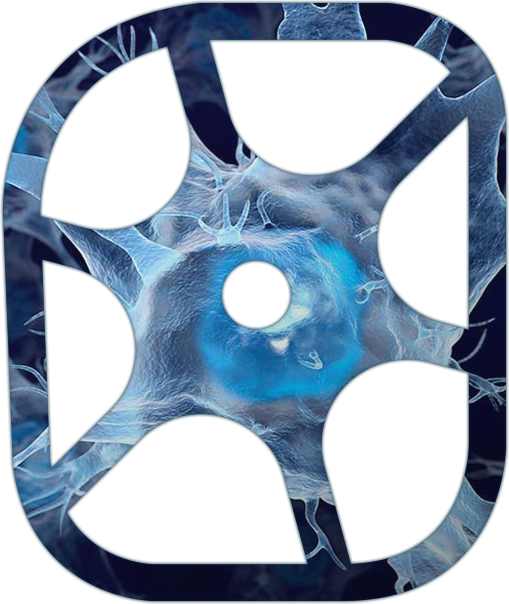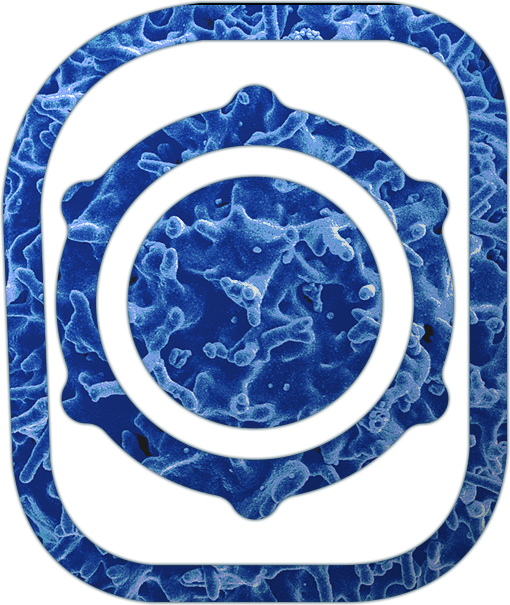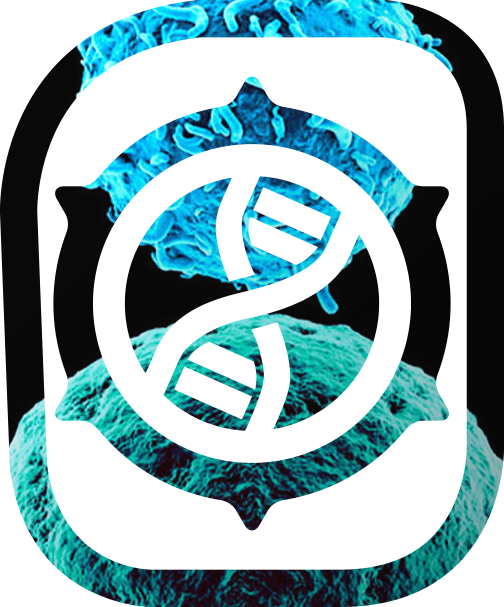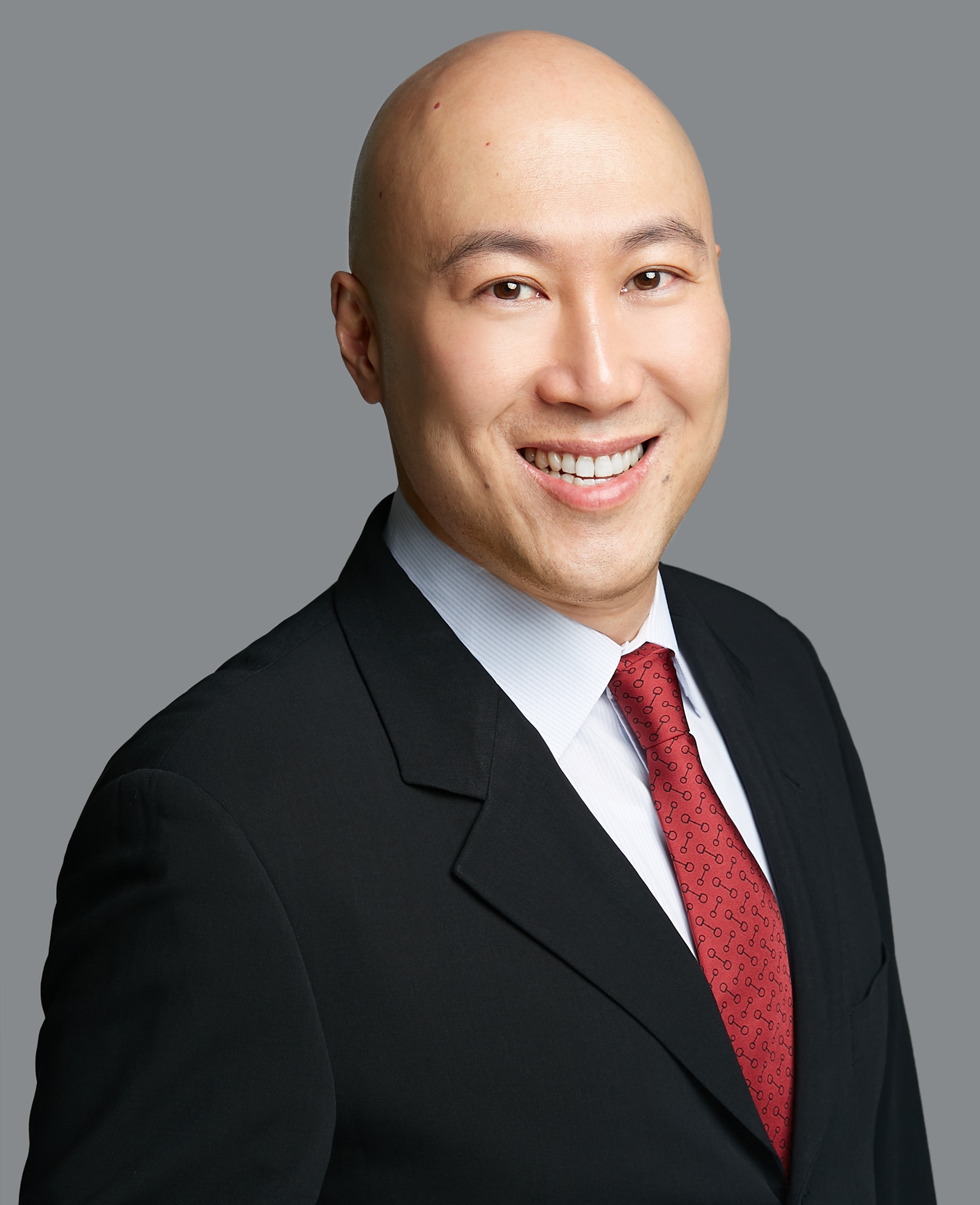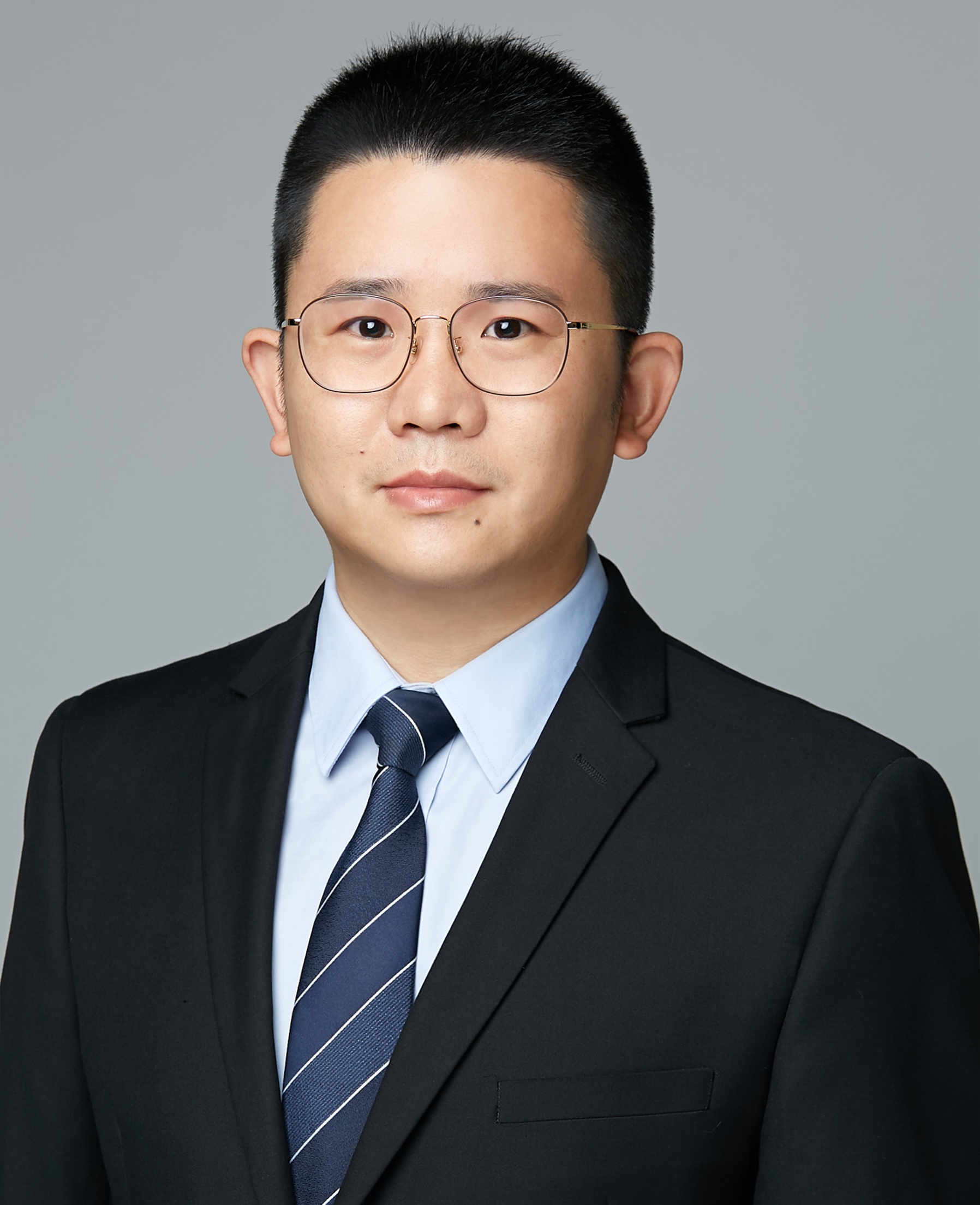
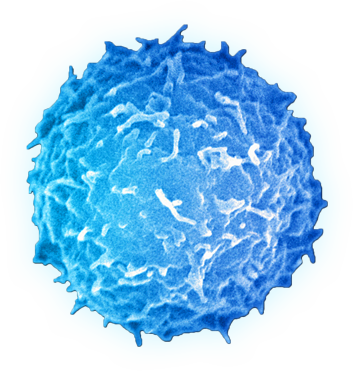
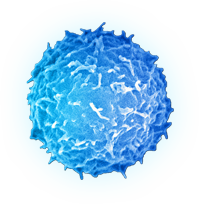
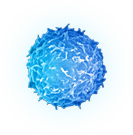
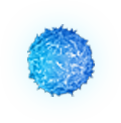
Likang Life Sciences
Create more accurate and
powerful immune weapons for fighting cancer
History of immunology and tumor immunity
1893Use of live bacteria and bacterial lysates to treat tumors-"Coley's Toxins" (William B. Coley).
History of immunology and tumor immunity
1957Thomas and Burnet first proposed the theory of cancer immunosurveillance.
History of immunology and tumor immunity
1958Discovery of human leukocyte antigens (Jean Dausset and others).
History of immunology and tumor immunity
1959Discovery of antibody structure (independently elucidated by Gerald Edelman and Rodney Porter).
History of immunology and tumor immunity
1973Dendritic Cells first described by Ralph M. Steinman.
History of immunology and tumor immunity
1974T-cell restriction to MHC (Rolf Zinkernagel and (Peter C. Doherty)
History of immunology and tumor immunity
1975Generation of monoclonal antibodies (Georges Köhler) and (César Milstein).
History of immunology and tumor immunity
1976Identification of somatic recombination of immunoglobulin genes (Susumu Tonegawa)
History of immunology and tumor immunity
1983Discovery of the T cell antigen receptor TCR (Ellis Reinherz) (Philippa Marrack) and (John Kappler) (James Allison)
History of immunology and tumor immunity
1985Large doses of IL-2 were shown to be effective when administered to patients with established, metastatic cancers by enhancing T-cell production.
History of immunology and tumor immunity
1988Autologous TIL used to treat melanoma patients.
History of immunology and tumor immunity
1992Honjo first identified PD-1 as an inducible gene on activated T-lymphocytes, and this discovery significantly contributed to the establishment of cancer immunotherapy principle by PD-1 blockade.
History of immunology and tumor immunity
1995First Dendritic cell vaccine trial reported by Mukherji et al.
History of immunology and tumor immunity
1996James Allison was the first to show that antibody blockade of CTLA-4 could lead to enhanced anti-tumor immune responses and tumor rejection.
History of immunology and tumor immunity
1997First antibody treatment approved for use by the FDA(rituximab).
History of immunology and tumor immunity
2010The first autologous cell-based cancer vaccine, PROVENGE, is approved by the FDA for the treatment of metastatic, asymptomatic stage IV prostate cancer.
History of immunology and tumor immunity
2011First immune checkpoint inhibitor, ipilimumab (anti-CTLA-4), is approved by the FDA.
History of immunology and tumor immunity
2014A second class of immune checkpoint inhibitor (anti-PD-1) is approved by the FDA for the treatment of melanoma.
History of immunology and tumor immunity
2017The first autologous CAR T-cell therapy Kymriah is approved for the treatment of pediatric B-ALL.
Two independent clinical studies provided solid evidence that neoantigen-based cancer vaccines could be developed to elicit potent neoantigen-specific T ce
Scientific Platform
In personalized tumor immunotherapy, appropriate drug forms are selected for clinical treatment according to different indications based on the identification and screening of tumor-specific neoantigens. We developed Likang Neoantigen Epitope Analysis (LNEA) platform and dendritic cell (DC) loaded with tumor-specific neoantigens, neoantigen specific T cell (Neo-T), transgenic T cell (TCR-T), and etc. which may enable us to predict the presence of unique neoantigens in tumor cells of patients, and based on multiple product lines, gradually promote individualized tumor immunotherapy to clinical application.


A Study Combining Personalized Neoantigen-based Dendritic Cell Vaccine With Microwave Ablation for the Treatment of Hepatocellular Carcinoma
To view more

LIKANGLIFE SCIENCES All rights reserved 京ICP备20018744号-1 丨 DESIGNED BY MHD°
DESIGNED BY MHD°


